On 11th July at Studio B on London’s High Street Kensington, Family Traveller and B joined forces to find out how we can get financially fit for summer, calling on experts from across the finance, beauty, fashion, and travel industries to get some invaluable insights, tips and tricks.
Family holidays can get expensive. Whether they’re a forest cabin staycation in the UK or an exotic adventure to a far-flung destination on the other side of the world, the costs quickly add up.
A study from B – a UK-based digital banking service – showed that on average Britons spend £1,175 per person on their summer holiday, including accomodation, travel and spending money; that translates to an average of £4,700 for a family of four.
Whilst some of us are budgeters and some are last minute spenders, if there’s one thing we can all agree on, it’s that saving money feels pretty great. When it comes to your family holiday – one of the biggest family expenses every year – we want to make the money that we do have go as far as possible.

Jane Anderson, Family Traveller Editor, at Studio B, High Street Kensington

Our very own Jane Anderson, editor of Family Traveller magazine, spoke with the panel about their own holiday-booking habits and top tips for saving. Alice Beer – journalist and consumer expert, most recently seen as ITV This Morning’s Consumer Editor – started with her number one piece of advice – to think about the emotional needs of the trip before the financial. Understanding the emotional needs of your family should be number one priority, especially considering that so many families consider their holiday to be the time to reconnect. Alice pointed out that your child’s only wish for the holiday might be to have an ice cream every afternoon, and that they wouldn’t care whether that ice cream was on a white sand beach in the Seychelles or at the seaside in the UK. This alone could change your plans and save money that you might have spent on the assumption that the family wanted or needed an all-inclusive luxury getaway.
We asked Senior Manager of Brand Campaign and Content Marketing at Kuoni (and all-round travel expert), Cate Dixon, what she has seen in the market this year when it comes to good value destinations. She suggested Greece, Turkey, and Tunisia as popular choices where you’ll be able to make your finances go further, but also recommended thinking outside of the box when it comes to your dream holiday. If you’d love to spend your days in a water villa in the Maldives, it could be worth looking at places like Thailand, Sri Lanka and Bali which are much more budget-friendly, plus you can head out and explore the wider country, something that you can’t do on a private island in the Indian Ocean.

Sunset at Koh Tao Island, Thailand
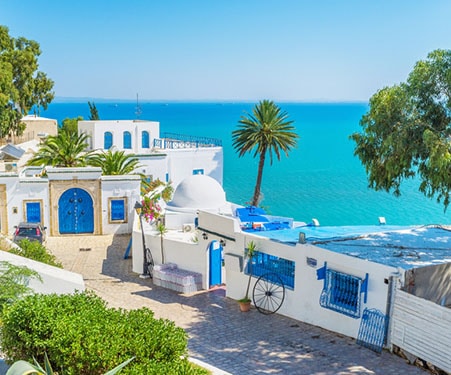
The mountain village of Sidi Bou Said, Tunisia
Cate also recommended that booking way ahead of time is the best way to get savings, more so than the popular ‘last minute’ holiday bookings, and to speak to a travel specialist – such as Kuoni – who will know how to get you the best deals and maximise your holiday time and budget. The advice is free and could make a massive difference to your planning.
Going through a tour operator also gives you peace of mind, should anything go wrong. The panel recognised a seachange in the way consumers had embraced independent holiday planning online but in the last few years, with terrorism and Brexit uncertaintly, were returning to specialist tour operators and travel agents.
When it came to tips on how to actually save money, Jasmine Birtles – finance expert and director of Money Magpie – and David Juric – Head of Customer Innovation at B – had some insights on how to both save money, budget, and even make a few more pennies for the holiday fund.
Jasmine’s top tip for saving money on holiday was to house swap, meaning that you can have totally free accommodation for your holiday, as long as you’re happy with having them stay in your house in return.

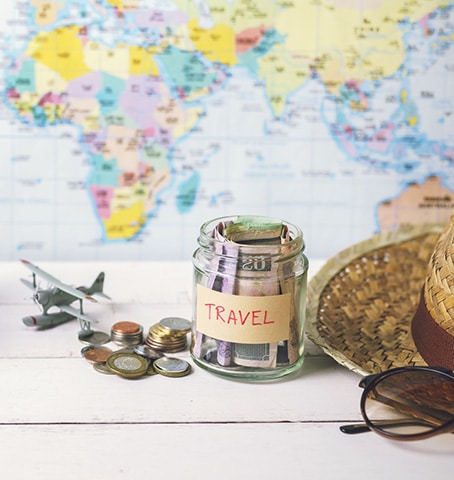
Another great tip from Jasmine was to research lost luggage auctions in your area. Once luggage has gone unclaimed for a certain time, it’s available for auction with prices as low as £20. With very basic descriptions such as “women’s clothes” or “children’s clothes” it could be a risk but could also be a treasure trove of items that you could sell or keep for yourself, either saving or making you money.
David took us over the basics of B’s digital banking that help with holiday planning. Their ‘pots’ help you set yourself a target of savings for a particular event – over a third of pots are dedicated to holidays with B – and keep on top of the money you’re adding to it. They also categorise what you spend so that you can see your morning coffee costs for example, and therefore how much you might save and add to your holiday pot if you were to cut the caffeine habit for a couple of months.
So what about other holiday costs? Whilst 47% of people don’t save for accommodation costs, 53% don’t save for flight costs, and 48% don’t save for spending money costs, when it comes to saving for pre-holiday outgoings, only 17% of Britons save for purchases such as sun cream, toiletries and a new summer wardrobe. We heard from Kirsty Dale – Executive Fashion Director – and Sophie Qureshi – beauty journalist and brand consultant – about how to be smart about spending before you go away.
Kirsty’s main tip was to firstly try and maximise what you currently have in your wardrobe, including going through old clothes you usually store away (let’s face it, we don’t normally get to wear many holidays clothes in a UK summer…). Her second top tip for both packing for your trip and buying a new holiday wardrobe was to think about the activities you’re going to be doing. If you’re going to be beach or poolside most of the time, swimwear and a simple long-sleeve cover up will keep you sun protected during the day and let you transition into a casual dinner at night. If you’re going to be active, make sure you pack accordingly and check the weather so that space isn’t taken up with anything bulky and similarly that light clothes are left in the suitcase unworn if it’s a rainy forecast.
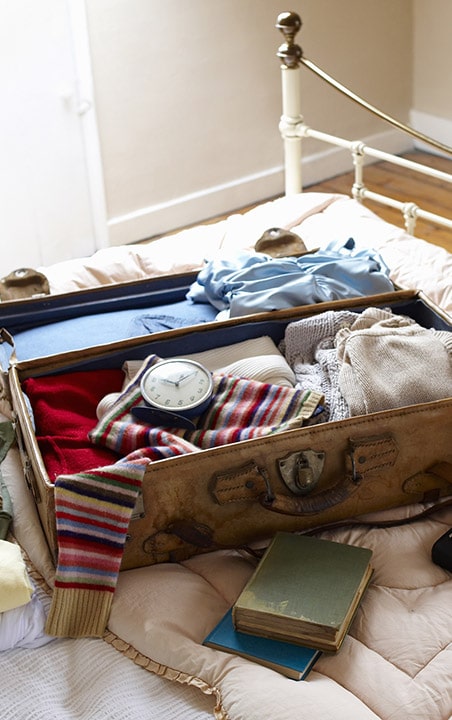

When it comes to beauty, we know that our favourite brands and products can be really expensive. Sophie revealed that these giant markups are essentially paying for marketing and packaging, calling it the ‘open-secret of the beauty world’. To counter this, she suggested to opt for brands such as The Ordinary, which remove all of that expense so that you’re paying a fair price for the product itself. However, she also acknowledged that if there’s a favourite brand that you love, then it can often be worth keeping it as you’re more likely to use it, rather than buying something cheaper that you don’t like as much that you’ll never use.
There was also a consensus that buying duty free fashion and beauty products wasn’t a good idea and didn’t represent better value for money, except perhaps when buying perfume. There was also the tendency to impulse buy before your flight as pre-holiday euphoria kicks in.
So, whether you’re a budgeter or last minute spender, these quick wins can help us keep our outgoings down. On top of all of the tips and tricks from our panel above, there are another few easy changes to make that can save you money:
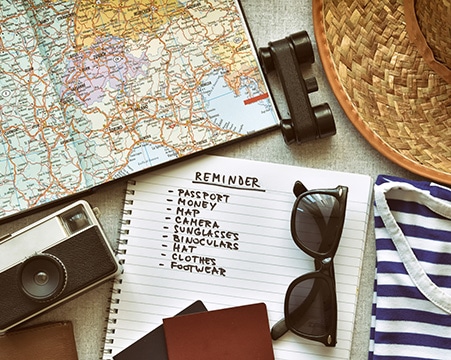
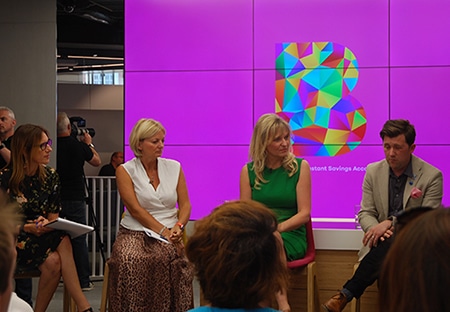
Left to right: Jane Anderson, Alice Beer, Jasmine Birtles, David Juric